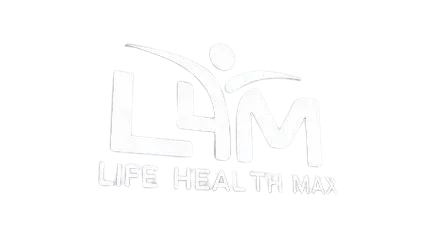Sober living homes, also known as recovery houses, provide recovering addicts and alcoholics with a supportive drug and alcohol-free living environment as they work to maintain sobriety. Living in a sober home allows individuals in early recovery to focus on their recovery without many of the distractions and triggers present in an independent living situation.
Contents
A Supportive Community Focused on Recovery
One of the biggest benefits of sober living homes is the supportive community environment. Residents live together and participate in house meetings, chores, and recovery-focused activities. This creates accountability and a built-in support system. Being surrounded by others also in recovery helps prevent relapse and provides encouragement during difficult times.
Sober living homes establish clear boundaries and rules to maintain a sober lifestyle. No alcohol, drugs, or paraphernalia are allowed on the premises. Residents are expected to attend self-help meetings regularly and work with a sponsor. This structure provides stability and safety during the fragile early stages of recovery.
Life Skills Training for Independent Living
Another advantage of sober living homes is that they offer life skills training to help residents transition back into independent living. Part of living in a recovery house involves learning basic responsibilities like cleaning, cooking, budgeting, and self-care. Residents are expected to hold jobs or be in school or treatment.
This teaches important life skills for maintaining recovery long-term. It allows individuals the opportunity to practice independent functioning within a supportive group setting before fully living on their own. Graduating from a sober home means residents have demonstrated the ability to manage recovery-focused responsibilities independently.
Affordable Housing Support
The affordable housing provided by sober living homes also makes them beneficial for recovery. Rent is generally much lower than in independent living situations. This allows those in early recovery to focus on treatment and establishing stability without major financial stressors.
Many sober homes accept individuals with limited income or funds. The affordable rates allow individuals to maintain housing and work on recovery even during transitional periods like completing treatment programs. Not having to worry as much about housing expenses gives residents one less obstacle to overcome in early recovery.
Community Support Beyond the Home
Beyond the housing itself, many sober living communities offer additional recovery support resources. For example, Sober Living in the Temecula Valley operates multiple sober living homes and provides residents access to self-help meetings, counseling referrals, wellness activities, and alumni support groups.
This expanded recovery network helps prevent relapse even after graduating from the sober home. Individuals maintain long-term recovery support and accountability well beyond just having a sober place to live. The community aspect of many sober living programs enhances recovery outcomes long-term.
Overall Benefits for Long-Term Sobriety
In summary, sober living homes offer significant benefits for maintaining recovery and transitioning back into independent living. The structured and supportive community environment, life skills training, affordable housing, and continued recovery support network all work together to increase the chances of long-term sobriety.
For those in early recovery, sober living provides safety, stability, and resources to focus fully on treatment and recovery without major distractions or stressors. Graduating from a sober home means individuals have demonstrated the ability to manage recovery responsibilities independently. This sets the stage for maintaining recovery long after leaving the structured sober living setting.

Carl Clay is a health blog author who has been writing about nutrition, fitness and healthy living for over 10 years. He also loves to run, hike and bike with her wife.













